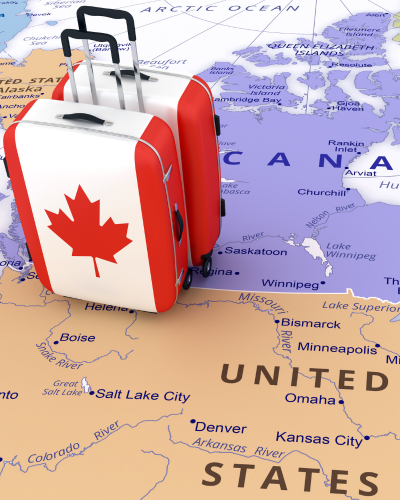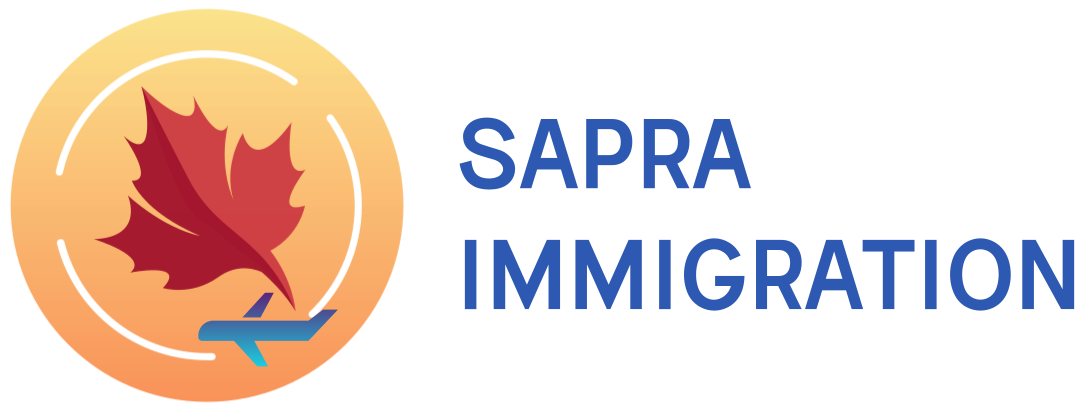Launched in 2025, the RCIP connects skilled foreign workers with welcoming rural communities across Canada that need talent.
Live, work, and build your future outside the major cities — with permanent residency from day one.

What is the RCIP?
The Rural Community Immigration Pilot (RCIP) is a federal permanent residence program designed to attract and retain skilled workers in smaller, rural communities across Canada.
It builds on the success of the former RNIP (Rural and Northern Immigration Pilot), helping employers in participating towns and regions hire foreign talent for long-term economic growth.
RCIP is a community-driven program, meaning candidates must be recommended by a designated community organization in one of the approved towns or regions.
Participating Communities (2025)
RCIP is available in 14 rural communities across 6 provinces, including:
● Ontario: North Bay, Sudbury, Timmins, Sault Ste. Marie, Thunder Bay
● Manitoba: Brandon, Altona/Rhineland
● Saskatchewan: Moose Jaw
● Alberta: Claresholm
● British Columbia: Vernon, West Kootenay, North Okanagan-Shuswap, Peace Liard
● Nova Scotia: Pictou County
Note: Community participation and intake quotas may change annually.
Who Can Apply?
To qualify for the RCIP, you must:
● Have a full-time, non-seasonal job offer from a designated employer in a participating community
● Have at least 1 year (1,560 hours) of related work experience in the past 3 years (unless eligible as an international graduate)
● Meet the language proficiency, education, and settlement fund requirements
● Obtain a community recommendation from the local economic development office
● Show genuine intent to live in the recommending community
Language, Education & Work Requirements
A. Language Proficiency
| NOC TEER Category | Minimum CLB/NCLC |
| TEER 0 or 1 | CLB 6 |
| TEER 2 or 3 | CLB 5 |
| TEER 4 or 5 | CLB 4 |
Tests accepted: IELTS General, CELPIP General, TEF Canada, TCF Canada (results must be <2 years old)
B. Education
● Minimum: Canadian high school diploma or foreign equivalent (with ECA)
● Educational Credential Assessment (ECA) must be less than 5 years old
C. Work Experience
● At least 1,560 hours of paid, relevant work in the last 3 years
● May be gained in Canada or abroad (legal status required)
● Self-employment or volunteer work does not count
Exception: Some international graduates from Canadian institutions in rural areas may be exempt from the work experience requirement.
Settlement Funds
You must show proof of funds unless you are:
● Already in Canada with a valid work permit and currently working
RCIP Settlement Fund Requirements (2025):
| Family Size | Funds Required |
| 1 | $3,303 |
| 2 | $4,112 |
| 3 | $5,055 |
| 4 | $6,138 |
| 5 | $6,962 |
| 6 | $7,852 |
| 7 or more | $8,742 |
| Additional member | $890 each |
Application Process
Step 1: Secure a Job Offer
● Find a full-time, non-seasonal job with an approved RCIP employer in a participating community
Step 2: Get a Community Recommendation
● Apply for endorsement from the local economic development office
● Provide proof of intent to live in the community and all required documentation
Step 3: Submit Your PR Application
● Apply to IRCC for permanent residence with your community recommendation letter
● Complete biometrics, medical exams, and police certificates
Step 4 (Optional): Apply for a Work Permit
● While waiting for PR, apply for a community-supported temporary work permit
Benefits of RCIP
● Direct pathway to permanent residence
● No LMIA required
● Community support with settlement and integration
● Lower language and education thresholds than Express Entry
● Great fit for skilled workers in health care, trades, hospitality, and agriculture
No. RNIP ended in 2024. RCIP is a new program launched in 2025 with similar goals but new criteria and communities.
No. A job offer is required to begin the RCIP process.
You may apply to different communities, but each has its own recommendation process and requirements.
Yes. You can include your spouse/common-law partner and dependent children in your PR application.
The program is intended for long-term settlement in the endorsing community. Moving too soon may affect your PR obligations or future citizenship eligibility.
Start a New Life in Rural Canada Through the RCIP
Whether you are a skilled tradesperson, caregiver, technician, or graduate looking for opportunities outside Canada’s major cities, Sapra Immigration can help you apply through the new Rural Community Immigration Pilot.
